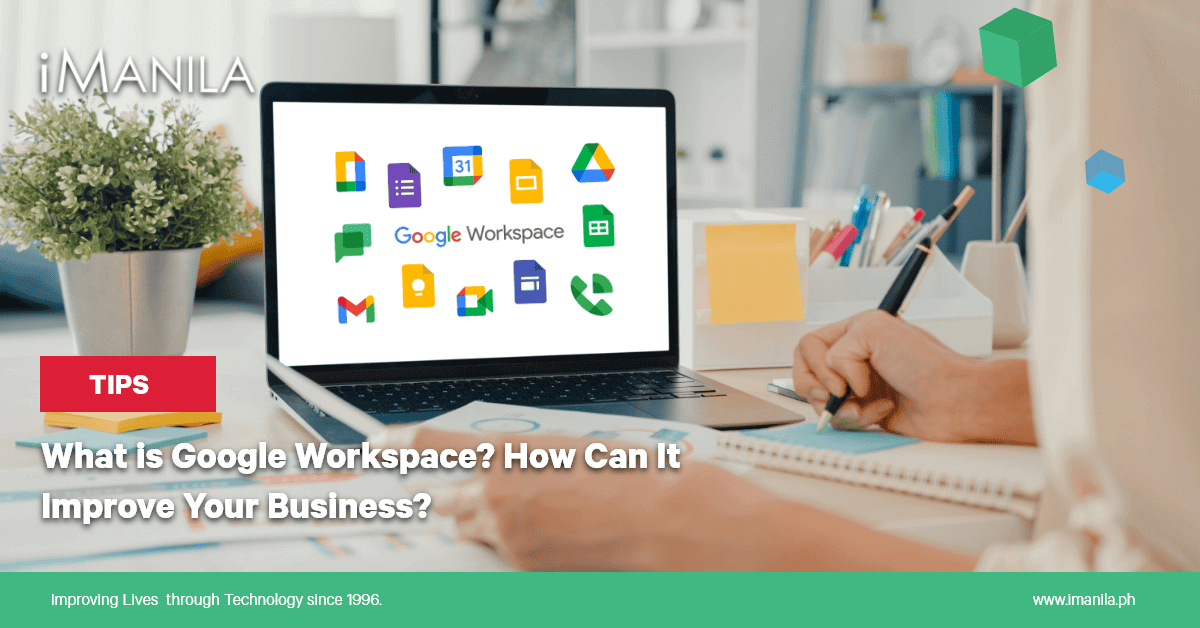Top 5 Common Server Issues and How to Resolve Them
Managing common server issues is crucial for maintaining smooth operations and ensuring consistent performance in today’s digital landscape. Server challenges like connectivity issues, security risks, and performance bottlenecks can impact productivity and customer satisfaction.

Network Problems
The key consideration when planning to start a business in the digital world is undoubtedly your network. This serves as your junction to market your products or services and to communicate with your target audience online. A reliable network provider is essential to unlock a multitude of opportunities and maximize your online potential.
If there are issues with your network, it can significantly impact the distribution of your content to end users. Regularly check network systems, settings, LAN/WAN, and maintain a well-configured DNS server to prevent disruptions.
Web Traffic Overload
The goal is to drive traffic to your website and generate leads for your business.
Operational Inefficiencies
Operational inefficiencies stem from limited resources, storage, or high traffic. To fix this, optimize power settings, upgrade hardware, increase RAM, and manage concurrent connections.
Cyber Threats
In today’s digital world, cybercrime threats like phishing, hacking, ransomware, and data breaches are more prevalent than ever.
Human Lapse
Sometimes server issues are caused by a neglect in actions or simply human error. Clicking malwares accidentally, sharing important information online by mistake, and failure to apply security updates are some of the common human slip-ups online.
For business owners, implementing measures to mitigate future errors among employees is crucial. This includes conducting regular audits, providing cybersecurity training, and restricting access to confidential data.
While common server issues are inevitable, they can be effectively prevented with the right measures in place. Reliable and efficient server performance is essential for every successful business. Partnering with iManila ensures you have a dependable business server, capable of swiftly troubleshooting errors. This proactive approach not only maintains high productivity levels but also positions your business to gain a competitive edge in the market.
Partner with iManila
With 28 years of experience in the industry and an IT company at its core, iManila, having been one of the first Internet Service Providers in the Philippines, is committed to providing our clients with innovative information technology, web, and digital solutions.
iManila is a full-service business web development company in the Philippines ready to help you with WordPress website creation or building an ecommerce website for your business. From web design and development and website update and maintenance, to web hosting, email hosting, and technical, desktop and remote support, we are your team. Aside from this, we are also a website and mobile applications development company specializing in customized web systems for businesses in different industries and a top digital marketing agency that provides a wide range of digital marketing services. Talk to us!
















